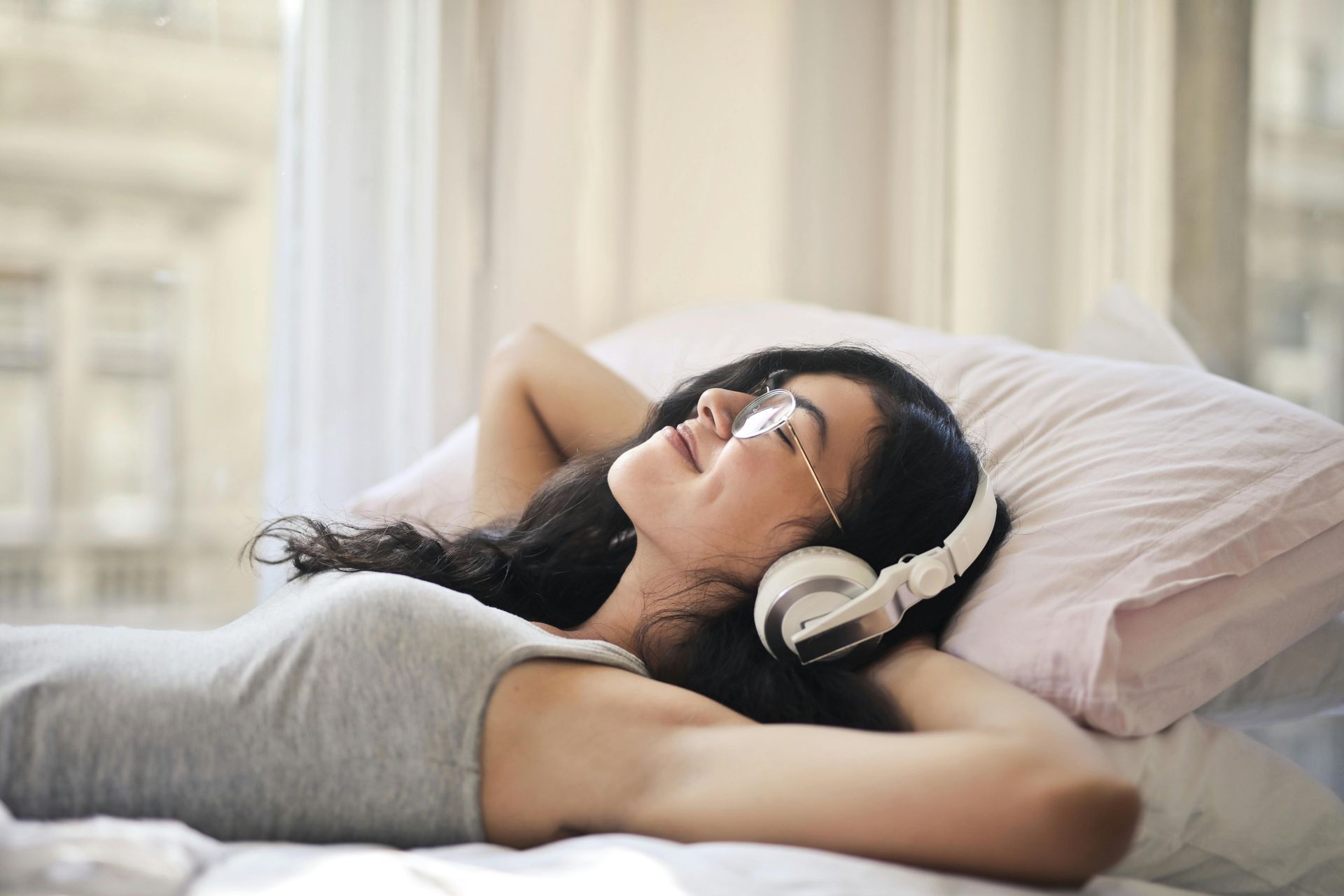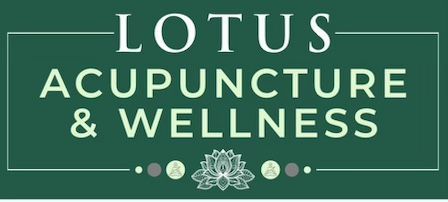Anxiety disorders are among the most prevalent mental health conditions in the United States, affecting approximately 40 million adults and resulting in an annual economic burden of over $42 billion.
While it’s natural to feel stress, worry, or fear in response to certain life events, anxiety becomes problematic when these feelings persist, intensify, and interfere with daily activities or sleep. If left untreated, anxiety can significantly impact a person’s overall well-being, ranging from mild unease to severe, life-altering distress.
Understanding Anxiety Disorders

The Power of Acupuncture for Anxiety Relief
Emerging research suggests that
acupuncture is a safe and effective treatment for anxiety-related disorders, including
general anxiety, panic attacks, and severe stress. Some studies indicate that acupuncture may even
enhance the effectiveness of medication-based treatments. Additionally, a
2002 study found that acupuncture can be a viable option for individuals who
cannot tolerate the side effects of anxiety medications.
The Traditional Chinese Medicine (TCM) Perspective on Anxiety

Unlike conventional medicine, which often views anxiety as a brain dysfunction, Traditional Chinese Medicine (TCM) attributes anxiety to an imbalance within the body's organ systems. According to TCM, anxiety is linked to a condition known as “Shen You Si”, which affects the heart, lungs, spleen, liver, and kidneys.
Through a comprehensive evaluation, an acupuncturist identifies the underlying energy imbalances contributing to anxiety and designs a personalized treatment plan to restore balance and well-being.
How Acupuncture Alleviates Anxiety
Acupuncture works by stimulating specific meridian points associated with the affected organ systems. During a session, fine, sterile needles are gently inserted into targeted areas to:
- Reduce stress and promote relaxation
- Restore balance to the nervous system
- Enhance emotional stability and mental clarity
- Support overall well-being
In TCM, the body's healing energy is known as
Qi (pronounced “chee”). Qi flows through
meridians, delivering nourishment to
cells, tissues, muscles, and organs. When Qi becomes
blocked or imbalanced, it can manifest as
emotional distress, anxiety, and physical symptoms. Acupuncture helps
restore the smooth flow of Qi, allowing the body to
self-regulate and heal naturally.
The Science Behind Acupuncture and Anxiety Relief
From a modern scientific perspective, acupuncture stimulates the nervous system, prompting the release of neurotransmitters and endorphins that:
- Regulate mood and stress responses
- Promote relaxation and reduce tension
- Improve sleep and emotional resilience
Many people who receive acupuncture for anxiety report feeling a deep sense of relaxation and calm during and after their sessions.
A Natural Path to Inner Peace
Acupuncture, along with other TCM modalities, offers a holistic, drug-free approach to managing anxiety. Whether you experience mild worry or severe stress, this ancient healing practice can help restore balance, calm the mind, and support long-term emotional well-being.
If you’re looking for a natural and effective way to relieve anxiety, acupuncture may be the solution you’ve been searching for. Take the first step toward tranquility and well-being—discover the benefits of acupuncture today!
Contact Lotus Acupuncture & Wellness to start your healing journey today!


